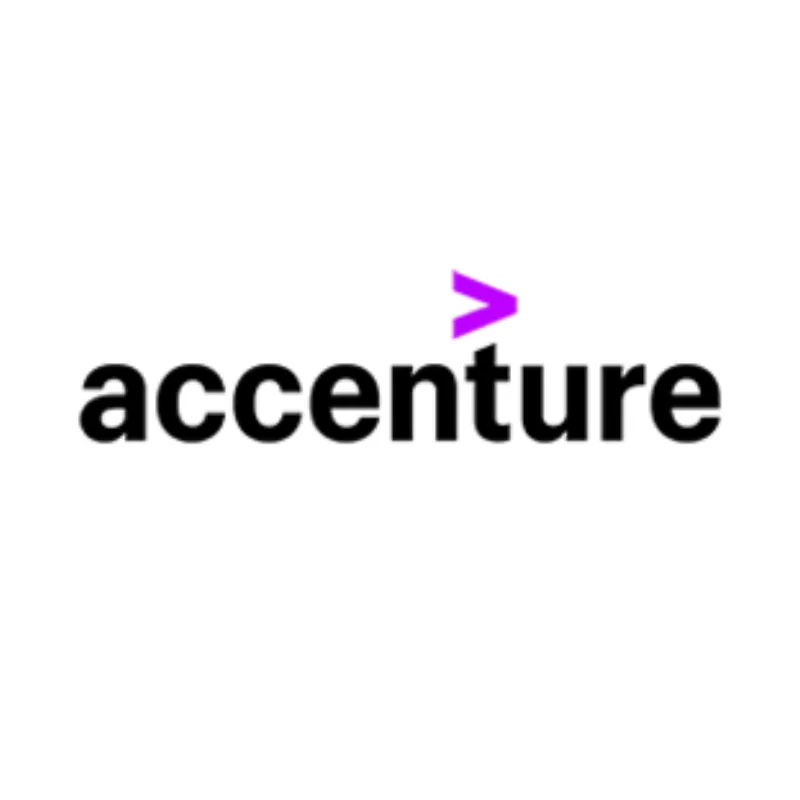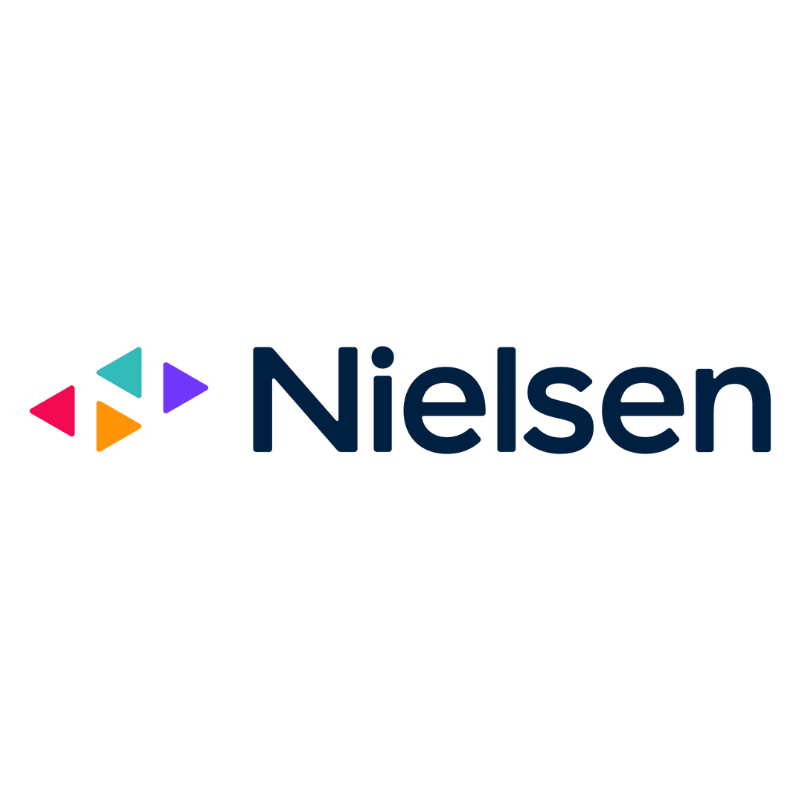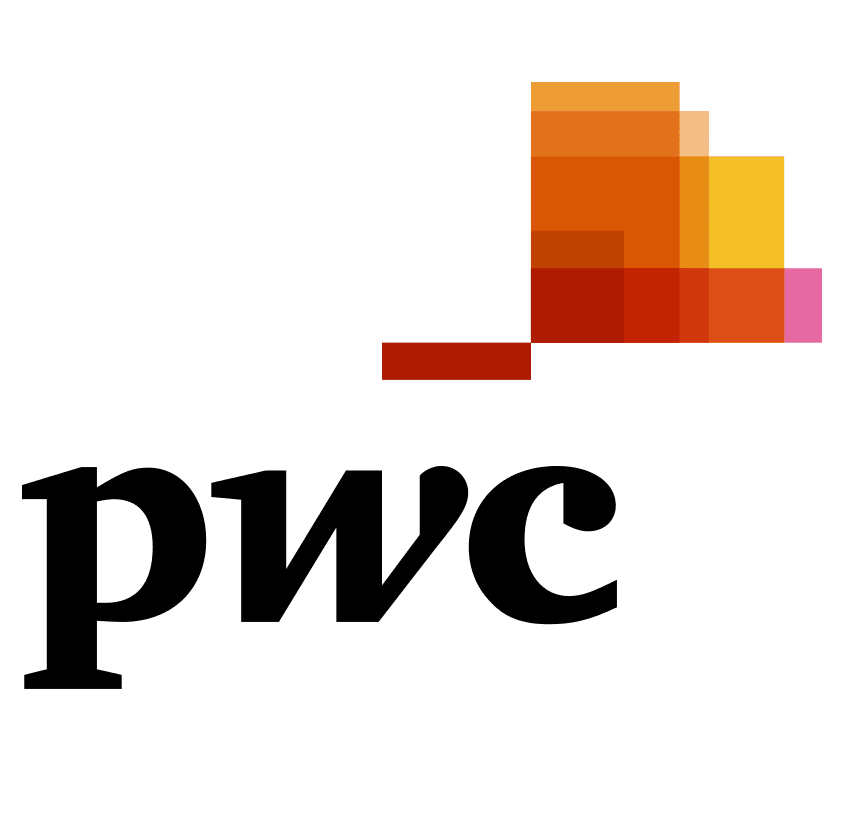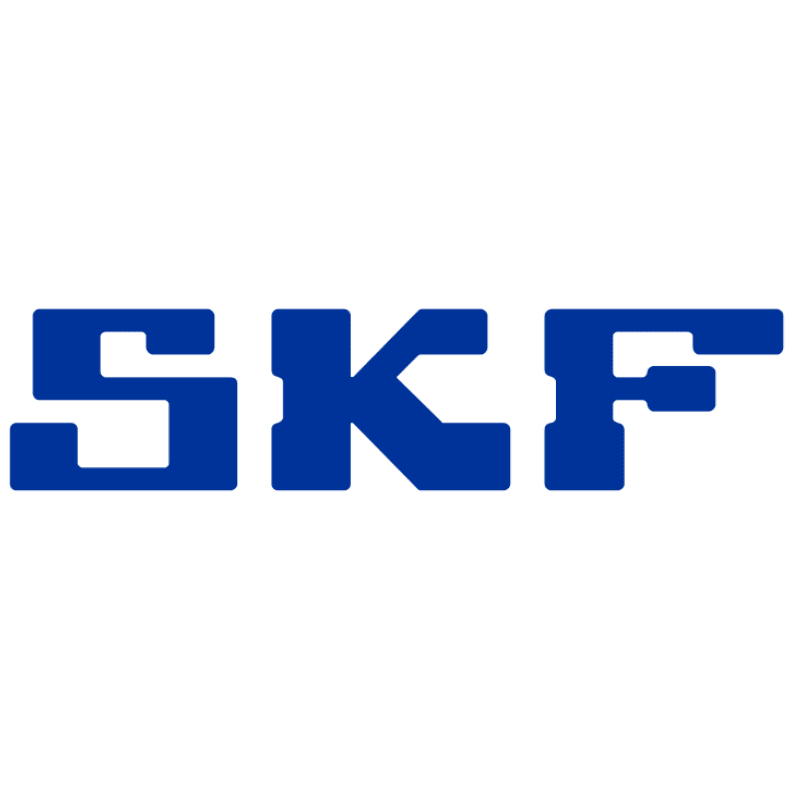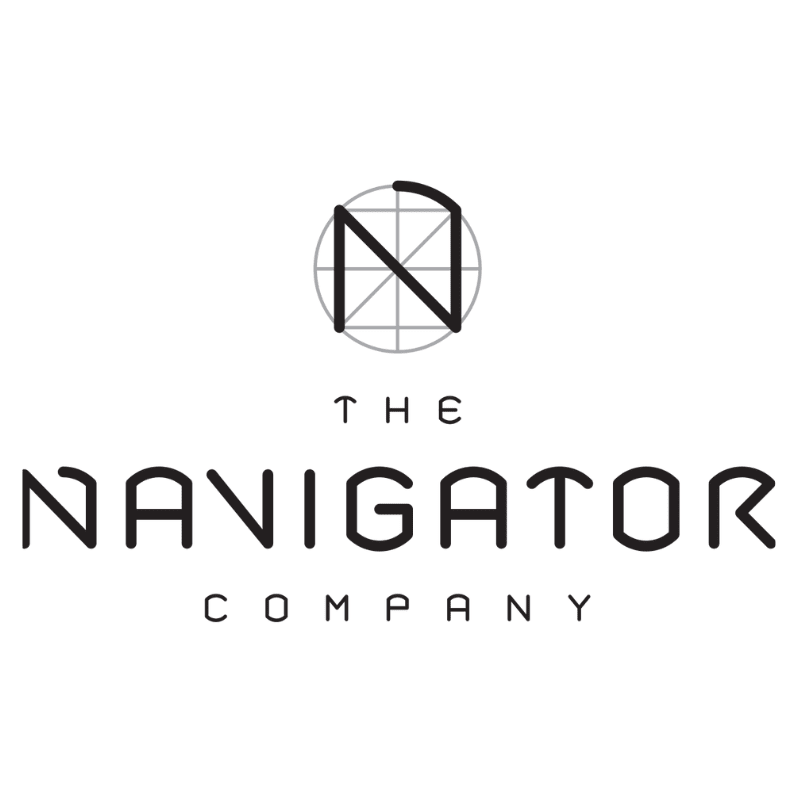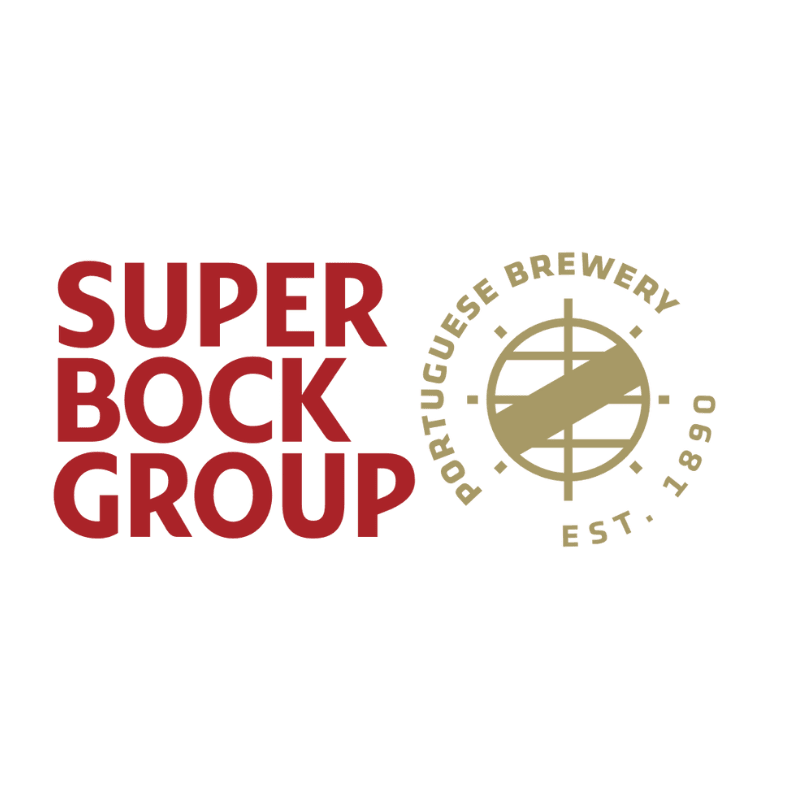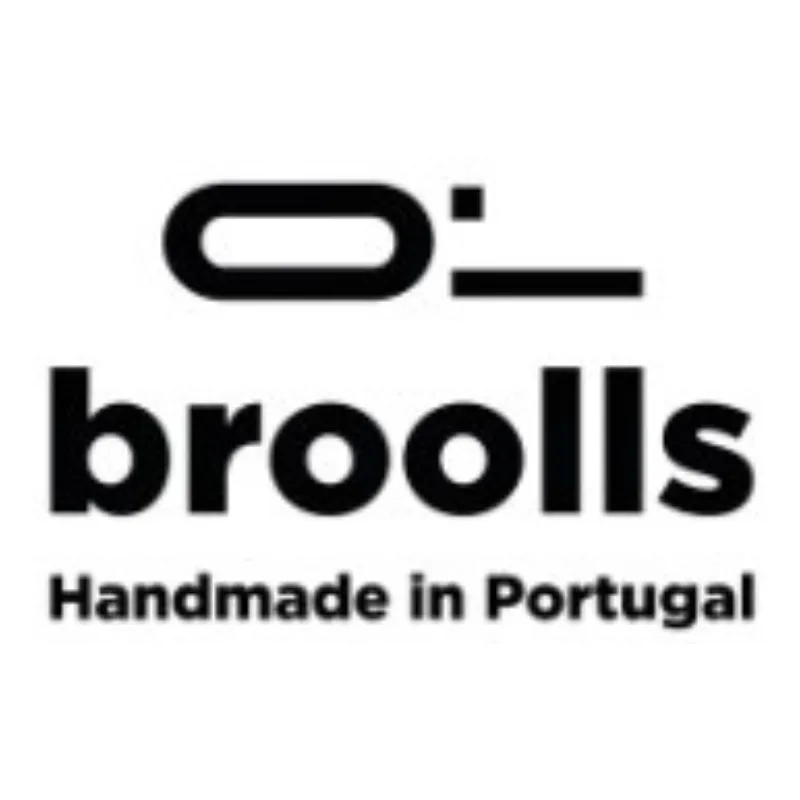

Unique and innovative program, specially designed to empower you to lead the needs and trends of the global marketplace.
Master's Degree in Marketing, Porto
The world is moving at a very fast pace, and modern business is increasingly global. The Global Master in Marketing is a unique and innovative program designed to empower you to lead the needs and trends of the global marketplace, providing you with the best cutting-edge tools and advanced Marketing strategies to create successful business visions.
The program provides you with a unique international perspective to give you a competitive edge for your future career, being entirely taught in English and offering the possibility of having an international semester with renowned universities abroad. Our Faculty includes leading industry experts with a strong link to the market and a high level of international experience for a truly global learning environment.
The Master in Marketing stands out from other programs due to its focus on future trends and emerging technologies, with a solid emphasis on ethical and sustainable strategies. The philosophy behind this Master favours open knowledge and discovery-led learning, where all stakeholders contribute to the learning process. Furthermore, it is fostered a culture of immersive learning: putting theory into practice with live case studies, practical workshops, networking events and hands-on industry partnerships with reference international companies, which included in previous editions Nielsen, Feedzai, Accenture, Navigator and Whirlpool.
Upon completing this program, students will be equipped with the comprehensive knowledge, expertise, and skills needed to build a successful career in international settings.
Start date
September
Duration
2 Years | 4 Semesters
Schedule
Daytime
Language
English
Why study the Master in Marketing?








Top Benefits:
Focus on International challenges. For example: the case studies and real company challenges addressed in classes always have an international dimension. Furthermore, the course is truly global in the sense of the participants too. We have national and foreign professors and students.
The curricular units of this course stand out from other courses also due to their focus on the future. This involves working with future scenarios, current and emerging technologies, and actively working on forecasting competencies development. The units Future Consumption Society and Marketing Future Cast are particularly illustrative of this focus on the future, which is nonetheless also present in other units’ content.
Following IPAM’s long tradition and well-established good practices, in this Master students will have the opportunity of learning by applying marketing tools and strategies in many different projects throughout the course. Many of these projects are presented by companies that share real problems and challenges students tackle within different curricular units. By the end of the challenges, students have the opportunity to present their solutions to the company’s managers and directors just as a professional consultant would do. The teaching philosophy is based on allowing students to experiment, make decisions, work in groups and apply the learning in concrete projects of real companies. In the last editions of this Master, we worked with real challenges from companies with international operations, such as SuperBock, Broolls, among others.
Working with digital tools, namely for communication and to interact with consumers, is unseparable of today’s marketing practices. Throughout the course, this digital dimension of marketing practices is fully addressed in several units. Importantly, we have units where digital is the main content, as are DigitalMarketing Strategy and Marketing Metrics and Analytics.
Experts and professionals with global experience often come to IPAM to share their international practices and experiences. These professionals may interact with our students, such as debating for a couple of hours, developing a workshop, having a webinar and so on. The logic, however, is the same: sharing experiences with the students and discussing best practices with them. On the first editions of this Master, we had many companies participating in our classes.
This Master has small groups, which enables a closer interaction with professors and colleagues, fostering a personalized feedback culture.
1st and 2nd semester: the course units are organized intensively. The 5 curricular units from each semester start and finish at different moments, so the students do not take all of them at the same time. Each curricular unit lasts from 3 to 6 weeks. This model fundamentally differs from the traditional one, where students have 5 units that last 15 weeks each. By having just a few units at the same time, and by starting and concluding the units in a few weeks, students are really immersed in the learning process. This model enables to be more focused and engaged with the classes. There is also extra motivation and a sense of accomplishment since students do not have to wait until the end of the semester to conclude the curricular units~~ ~~.
Regardless of their nationality, Faculty combines leading academics and industry experts, with high a level of international experience.
As part of the students' training and devolepment, we work with some external certifications (free of charge) that improve our students' professional CVs. For instance, in the year of this Master, our students get two certifications: (1) Google Analytics; (2) Fundamentals of Digital Advertising (Hubspot).
Held in June, so that students get their certificate sooner than they would in other Portuguese institutions.
Having students from different countries creates a culturally rich environment where we can learn from others in a respectful context. Here are some of the countries that have been represented in our classrooms: Angola, Austria, Brazil, Egypt, Estonia, Germany, Italy, Mozambique, Nepal, Netherlands, Russia, Ukraine, United States and, of course, Portugal.
Partnership with renowned universities in Brazil, Croatia, Denmark, France, Germany, Italy, and South Korea.
Porto, located in northern Portugal, is the second largest city in Portugal, the capital of the Porto District, and one of the Iberian Peninsula's major urban areas. It's also a city covered in history and good vibes and known for its rich culture, architecture and gastronomy.
Add-ons
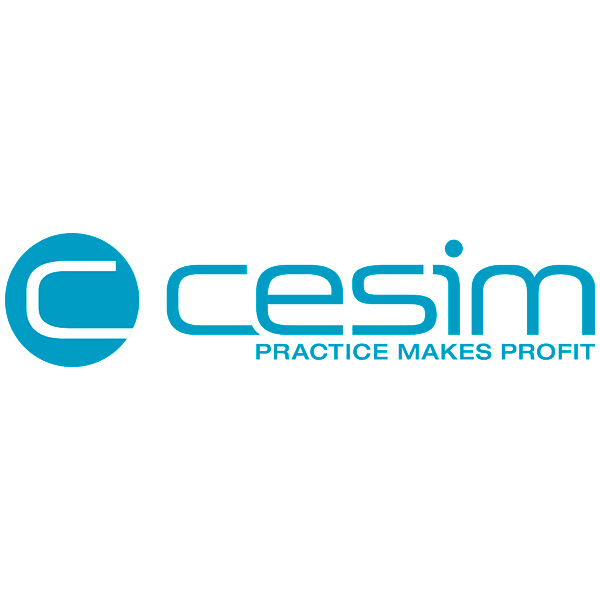
Companies that have already participated in this Master:
Syllabus
Coordinator
Career opportunities
This Master's aims to develop students’ advanced competencies to become marketing professionals with a global mindset. Students will be able to understand how to shape the future, how to solve complex problems, how to be able to think and work strategically, and how to become emotionally intelligent and socially responsible managers.
Also, students will acquire the knowledge and skills to work in multinational corporations, SMEs operating globally, or specialist marketing agencies, in positions involving strategic marketing management, brand management, and digital marketing, among others.
Potential careers include:
- International Marketing Manager
- Business Development Manager
- Market Research Analyst
- Global Product Manager
- Digital Marketing Strategist
- Brand Manager
- Strategy Consultant
- Marketing Partnerships Manager
- Customer Experience Manager
- Transformation and Innovation Manager
Testimonials
Admissions
Candidates interested in joining IPAM can apply throughout the year.
The application process is limited by existing vacancies and the suitability of the candidate's profile to the study cycle of interest.
To start the admission process, the candidate must follow these 3 steps:
